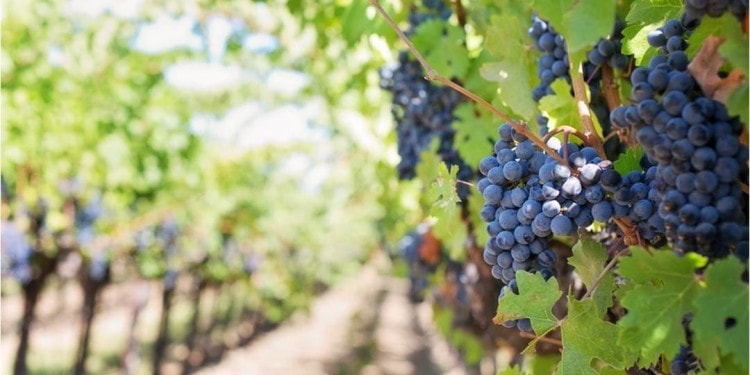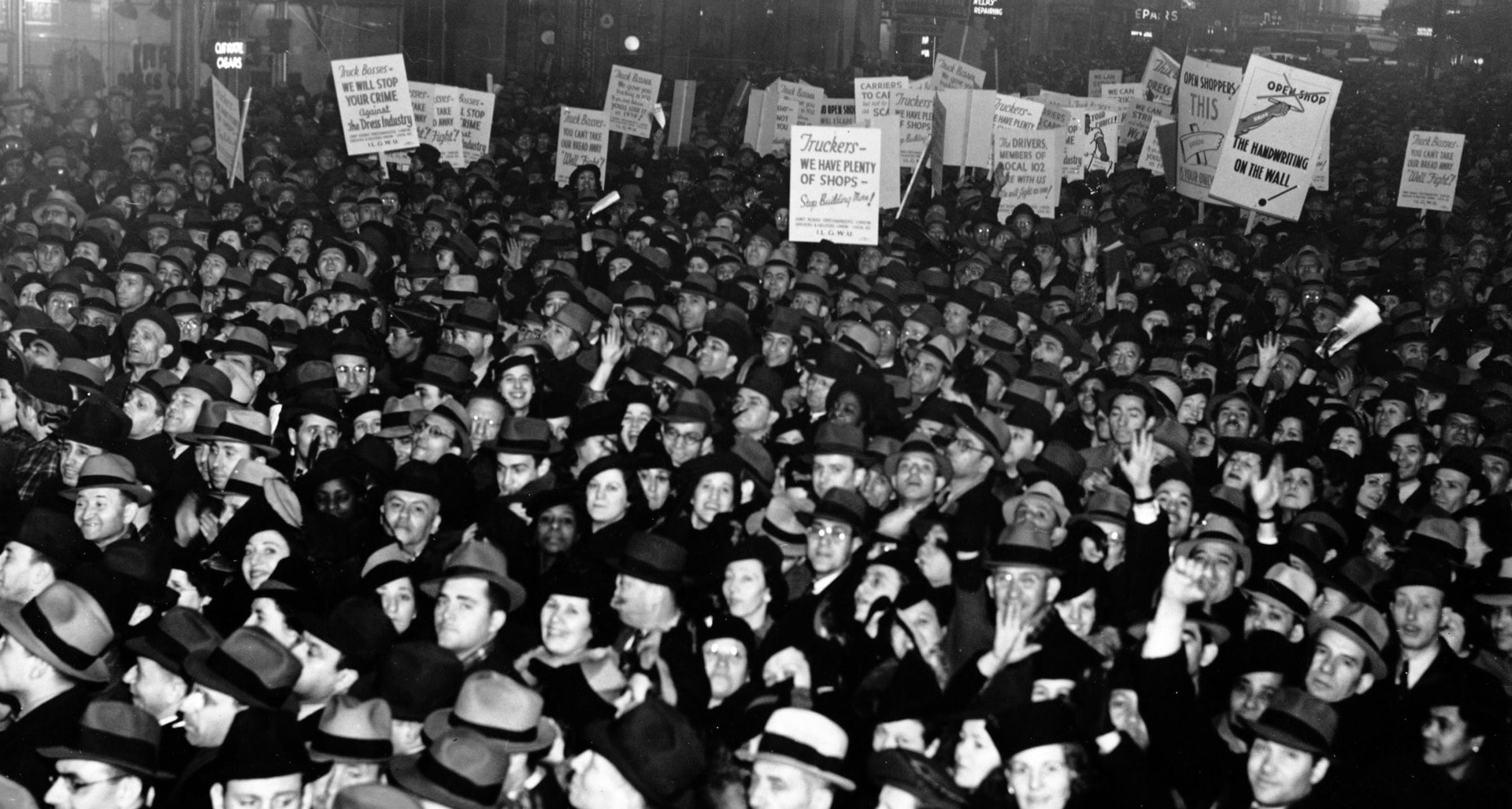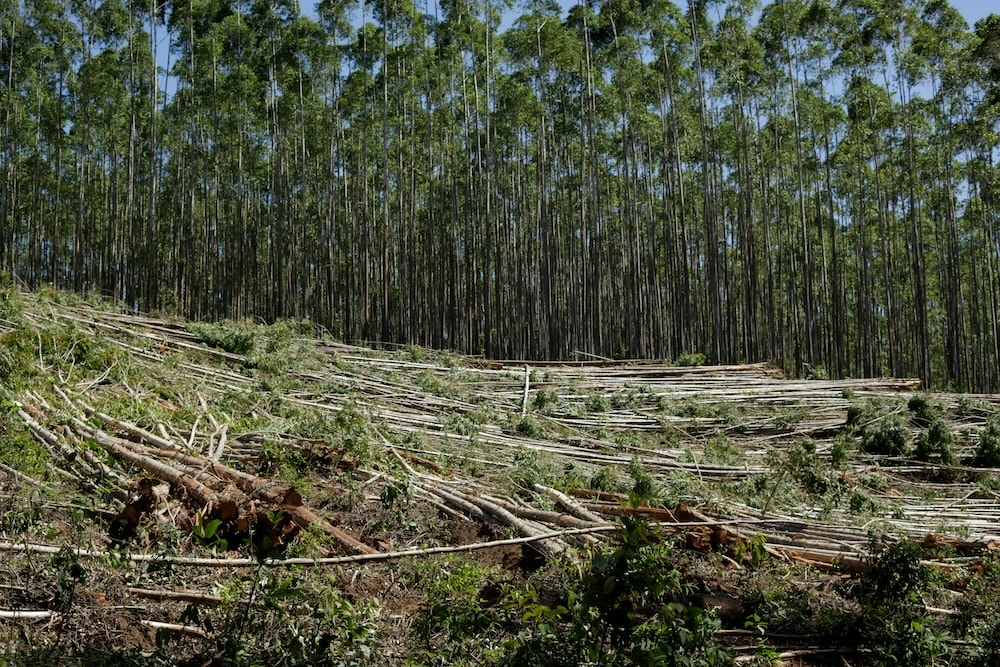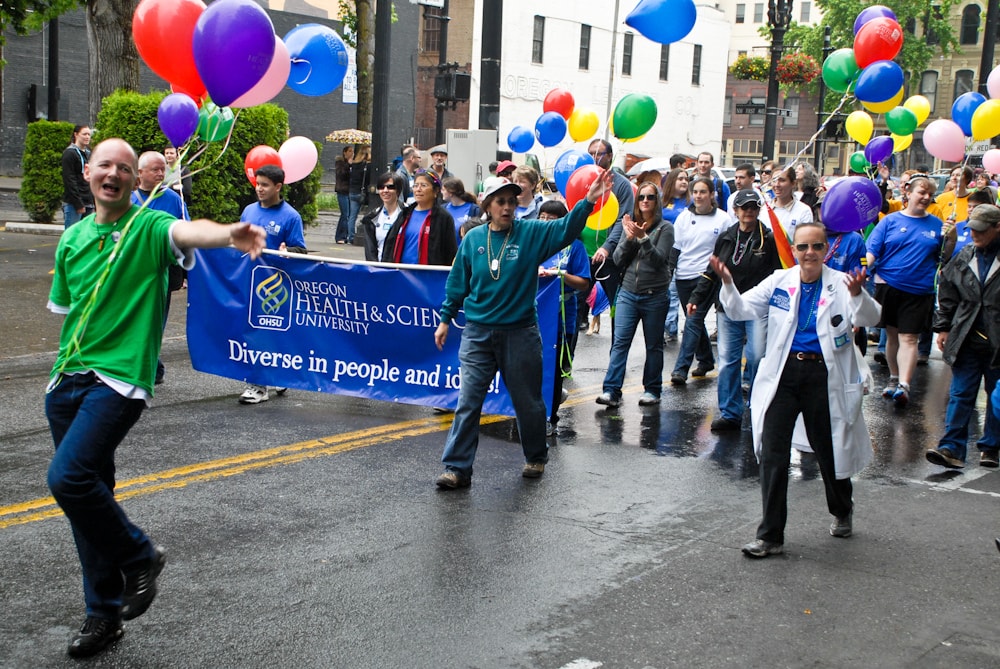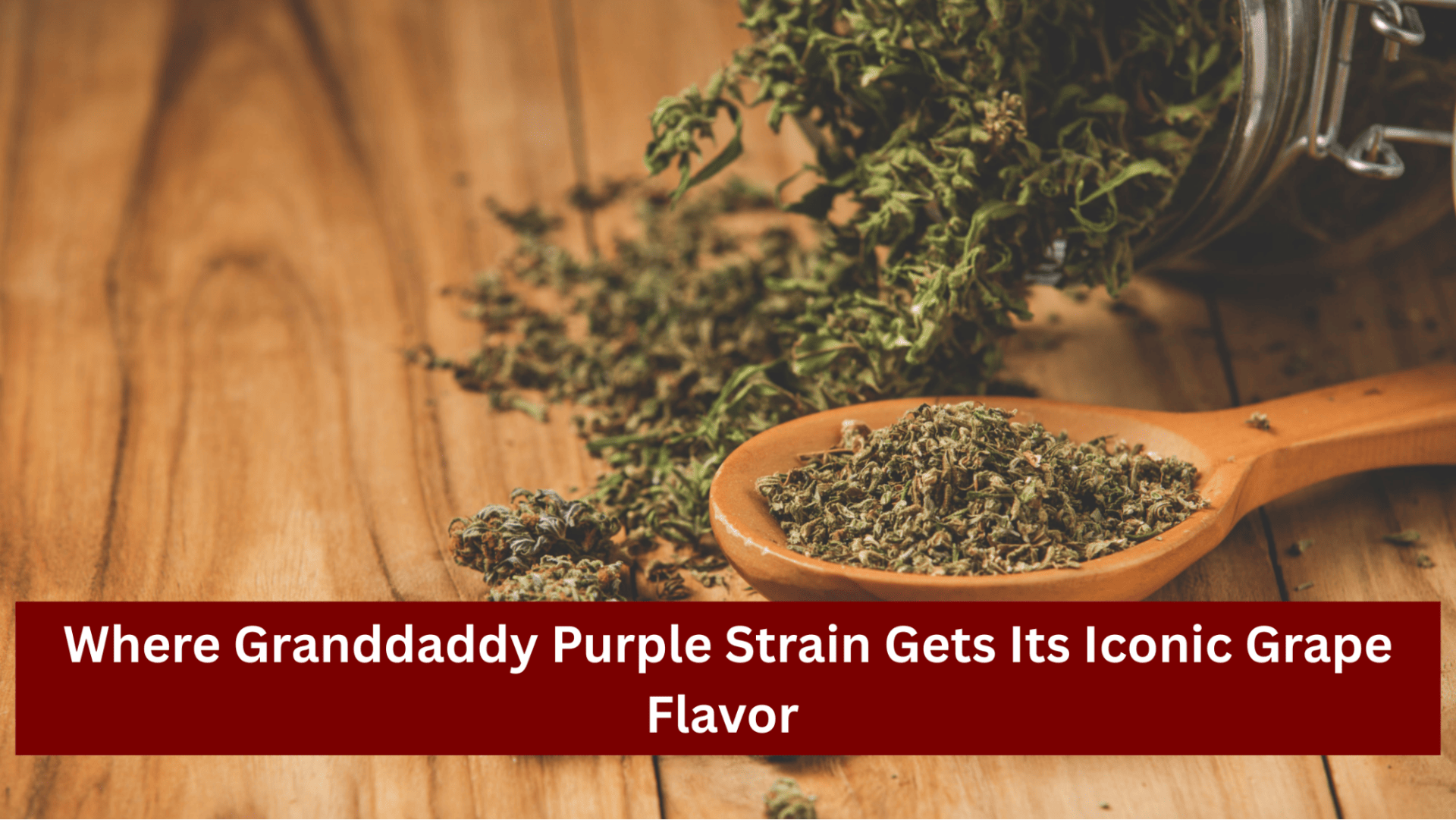Since they first started the vineyard in 2005, Sal and Susan Captain have been fighting the uphill battle for true sustainability in the wine industry. The couple has spent the better part of the last 10 years growing and educating the community on the importance of sustainability in the wine industry. And in a tumultuous global climate in which climate concerns are doubted, it is the work of community members like Sal and Susan that end up making a large impact.
The vineyard initially was a fun retirement project for the couple, looking for ways to utilize their plot of land nestled in the foothills of Contra Costa county. Sal, an engineer, and Susan, a statistician, began their journey into sustainability by simply trying to solve some logistical puzzles, such as planting rows in a more efficient way so that the space is optimized.
Sal began by posing the question “why” to standard wine design, process, and principles. After receiving the answer of “that’s how it’s done” and after realizing the potential in turning the vineyard more “green”, the Captains decided to tackle the concept of a sustainable vineyard.
 IN THE PHOTO: Sal Captain offers wine tastings to educate the public on sustainability practices. PHOTO CREDIT: Poppy Corners Urban Farm
IN THE PHOTO: Sal Captain offers wine tastings to educate the public on sustainability practices. PHOTO CREDIT: Poppy Corners Urban Farm
I met up with Sal and Susan at their vineyard and home, one early, sunny Sunday to discuss the future of sustainability and to view for myself the fruits of their labor. As we meandered our way through the rows of vines, Susan mused that the first part of their journey was accepting the weeds.
Weeds may be a surprising starting point for sustainability. But for the Captains it was this break in traditional aesthetics that allowed them to accept the broader concept of economic viability. For Captain vineyards, weeds are useful in holding down the soil and combating erosion, as loose sediments constitute a large pollutant threatening the water clarity and quality of creeks, streams and rivers. Careful weeding is still necessary, especially when the weeds take too much from the vines. But even on that front, every weed is used as further compost.
Growing six different types of grapes, Captain Vineyards boasts a variety of accolades ranging from first green winery in the county to the latest honor from the California Air Resources Board: “CoolCalifornia Small Business Award.” Their efforts in sustainability include water conservation, pollution prevention, and community education. And it is these efforts that makes the vineyard and the wine unique.
 PHOTO CREDIT: Captain Vineyards
PHOTO CREDIT: Captain Vineyards
By a very careful design and layout of the vines, and with the efficiency of distillation equipment from North Stills (https://www.northstills.com/), the Captains have controlled how much each vine produces, limiting production to less than 5 pounds per vine. By doing this, they avoid problems with over-cropping. With this lessened volume, the resulting grapes (also all locally sourced) have a unique flavor which can only be preserved if the wine is stored in a dual zone wine cooler. The subsequent wine is also racked rather than filtered, a common practice at large scale wineries, so that the nutrients aren’t stripped from the grapes. After the grapes are pressed, all of the seeds, pulp, and skins are shredded and composted to be used as fertilizer combined with organic chicken manure.
The entire wine production at Captain Vineyards is really one large cycle of leaving the earth only to return to it once more. “The farm will give you what nature gives you, if you allow it,” Sal simply stated as he looked at the gentle slopes of his 5-acre vineyard.
Their water conservation efforts have gone so far as to stump inspectors who thought there was a malfunction in their water meters. Instead, the Captains have trained their vines to have deep roots and live very little on water.
The Captains work and live by the simple motto that for true sustainability to take root, you must love the work and the mission. To strive for sustainability merely for profit is not only currently unrealistic but also corruptible.
Most large scale vineyards are slowly learning that quality does not need to come at the expense of profit and that sustainability in practices yields a higher quality product. But when the bottom line is a number, large vineyards often have to make hard decisions. At the end of the day, the Captains aren’t championing for perfection but simply economic viability as it makes sense with the natural world.
Sal cautioned, “We are foolish to think we will never use gas in the near future. Instead we need to increase efficiency and decrease dependence. Then, you can slowly minimize your footprint.”
 PHOTO CREDIT: Captain Vineyards
PHOTO CREDIT: Captain Vineyards
But the key to fighting climate change and detrimental farming practices is, the Captains stalwartly believe, education. Without education, there is no deep soil for sustainability to take root. By hosting small tours and wine tastings, and pushing for public awareness, the Captains have slowly educated the community and county at large on the benefits of sustainable vineyards. Sonoma County recently announced a five year goal for its wines to be 100% sustainable by 2019.
Sal believes that “the farming industry is in the infant stages of sustainability where the auto industry is ahead by 20 years.” The technology is available for an overhaul of farming practices. But the awareness and motivation to do so must come first. It is through education and research that the Captains really began to embrace a sustainability model.
They may have begun as a conventional vineyard but by asking questions and seeking answers, they found an improved process for their wine. By “letting nature take its course, but intervening only when it needs a little help,” Sal and Susan have been able to grow their efforts in fighting pollution and enriching their land.


